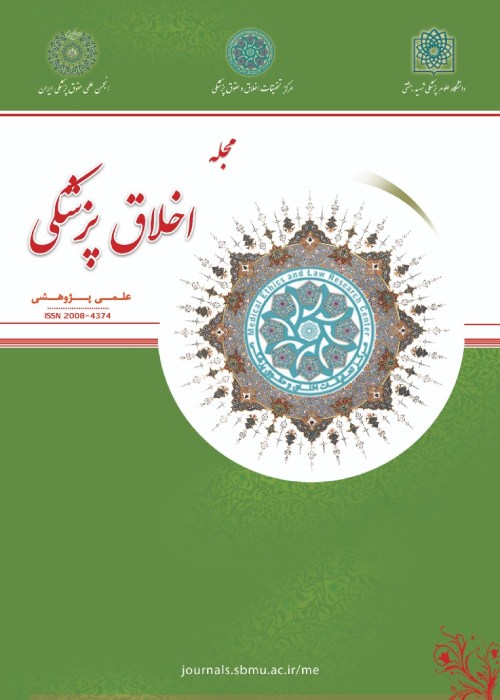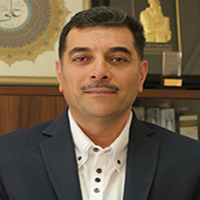Comparison of Moral Intelligence of Student’s Basic Sciences and Medical Internship in Tehran University of Medical Sciences in 2018
Moral intelligence as the first component of moral compliance is the basis of moral action. Medical students trained in clinical settings, in addition to technical competencies, must have desirable moral values. The aim of this study was to compare the moral intelligence status of students of basic sciences and medical internships in Tehran University of Medical Sciences in 2018.
This descriptive-comparative cross-sectional study was performed on 400 medical students in both basic sciences and internships who were randomly selected and met the inclusion criteria. A 40-item Moral Intelligence and Keil Lennick Questionnaire was used to collect data, which included four dimensions and ten indicators. SPSS 25 software and Chi-square t-test were used to analyze the data.
The average total score of moral intelligence in the internship group was 72.13±7.78 and the mean total score of moral intelligence in the basic sciences group was 72.11±8.28.The average total score of moral intelligence of most interns (62.7%) and basic science students (60.7%) was obtained in a good category. About 37.3% of interns and 39.3% of basic sciences had poor moral intelligence. The mean total score of moral intelligence in internship students was higher than basic sciences, but this difference was not significant (P=0.026). Ethical Considerations: This article is the result of a professional doctoral dissertation at Tehran University of Medical Sciences. During the research process, the university's ethical policies were observed in accordance with the principles of the Helsinki Declaration, including obtaining informed consent to participate in the research.
Indicators of moral intelligence in interns were not higher than students of basic sciences and these findings indicate the failure of general and specific educational programs in the field of developing moral skills in medical students. Therefore, it is recommended to revise the medical education curriculum by considering ethical concepts.
- حق عضویت دریافتی صرف حمایت از نشریات عضو و نگهداری، تکمیل و توسعه مگیران میشود.
- پرداخت حق اشتراک و دانلود مقالات اجازه بازنشر آن در سایر رسانههای چاپی و دیجیتال را به کاربر نمیدهد.




